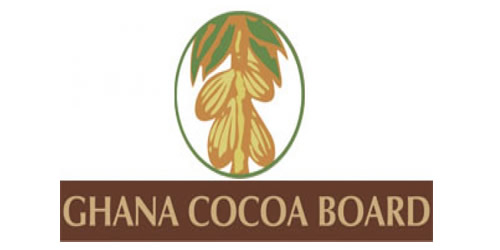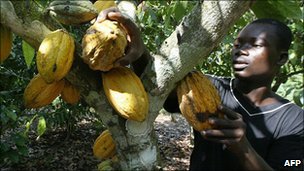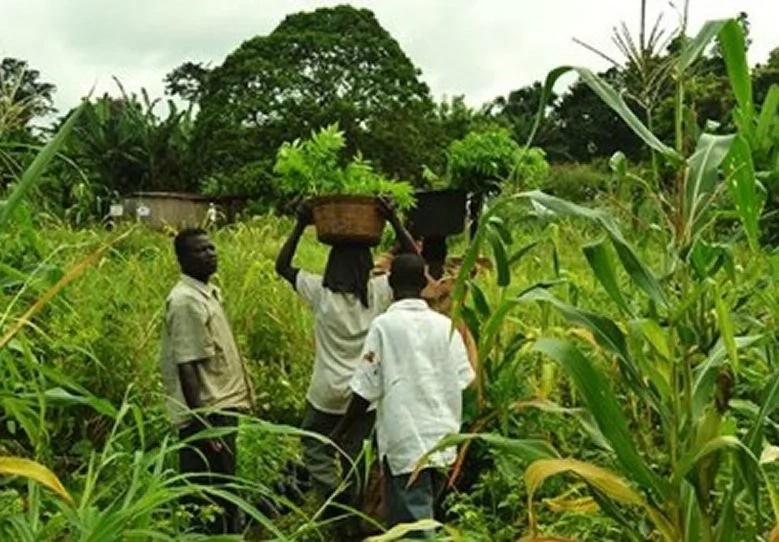COCOBOD threatens to withdraw beans to processing companies

The Ghana Cocoa Board (COCOBOD) is threatening to cut bean supplies to some cocoa processing companies in the country as a result of their indebtedness to the board.
The board is alleging that the companies, numbering five, owe it a total of US$225 million in arrears for beans supplied to them for processing over the years.
The debt was US$250 million last year but dropped to US$225 this year, the Public Affairs Manager of the board, Mr Noah Amenyah, said in an interview.
“Since last year, only US$25 million has been paid by some of the companies. The rest is still outstanding,” Mr Amenyah said on July 27.
The names of the companies are being withheld for business reasons because COCOBOD and the affected companies are in discussions to arrive at payment arrangements.
Some officials of the companies the paper spoke to, who pleaded anonymity, said their outfits were in talks with their partners aimed at resolving the issue.
They further appealed against making the issue a media discussion, explaining that publications could hurt their businesses and the expected partnerships.
Given that the debt is having a “telling effect on the operations of COCOBOD,” Mr Amenyah said, management had now resolved to supply beans to companies that would be able to raise guarantees from their partner banks.
The bank guarantees are expected to serve as insurance against default, thereby making it possible for COCOBOD, which is the supplier of the beans, to fall on the guarantees whenever a company fails to honour the payment.
Impact on cocoa roads
In addition to denying the board some revenues, Mr Amenyah said the inability of the companies to pay up the debt was making it difficult for COCOBOD to continue to invest in priority projects.
“As for our syndicated loans, we continue to pay and the debt has no relation with that but it is stalling a lot of major projects. We are currently doing cocoa roads and if we had those monies, it will fast-track the whole thing,” he said.
He mentioned the board’s continuing campaign against child labour in the cocoa producing business as another project that would be supported with the successful recovery of the monies.
“Generally, if they pay, it will make COCOBOD more liquid,” he said.
The construction and face-lifting of roads in cocoa growing communities in the four regions was estimated at US$150 million and due to take off later in the year.
Local cocoa processing
The cocoa processing sub-sector is dominated by multinationals, who process a chunk of the beans for export to their foreign partners.
The multinationals control about 60 per cent of the cocoa processing sector, leaving the remaining to local processors.
That notwithstanding, the interests of local investors in the processing business has been growing, mainly as a result of new policy incentives from COCOBOD, which include giving priority to indigenous processors in the supply of beans.
Those policies have, however, come with their own challenges, key among them being the inability of the various companies to make prompt payments for supplies.
Currently, about 80 per cent of the country’s annual cocoa output is exported, leaving the remainder for the processing companies.
As of December 2014, the installed capacity of processing companies in the country was 450,000 metric tonnes per annum.
Source: graphic.com.gh





